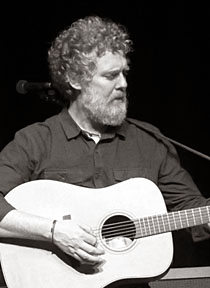 When Glen Hansard was in Tulsa, Oklahoma last September he got a personal tour of the Woody Guthrie Center. And there it was in the archive, a lyrical put-down of Fred Trump, father of Donald and a landlord with questionable housing practices in Brooklyn.
When Glen Hansard was in Tulsa, Oklahoma last September he got a personal tour of the Woody Guthrie Center. And there it was in the archive, a lyrical put-down of Fred Trump, father of Donald and a landlord with questionable housing practices in Brooklyn.
Glen has used the spirit of the words to inform his version of the Guthrie tune, ‘Vigilante Man’. The original dates back to 1940 and pictures the thugs who patrolled California, fighting off the poor incomers from the Dust Bowl states. In the Glen version, the baddies also include Fred Trump and his son, collectively “rotten to the core”.






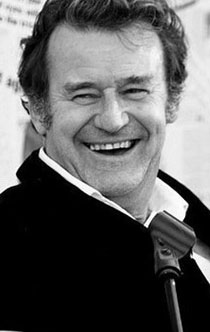
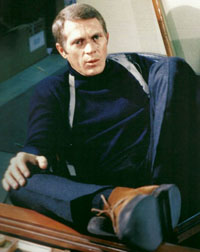
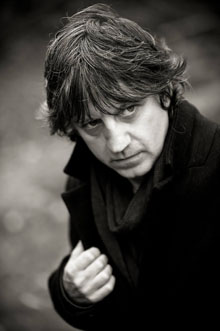
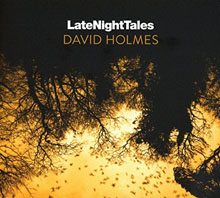
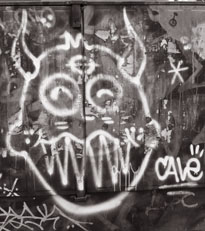
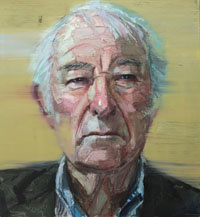
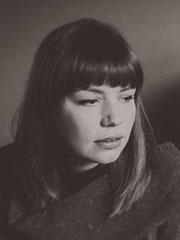
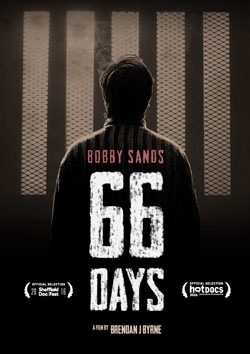







 Twitter
Twitter